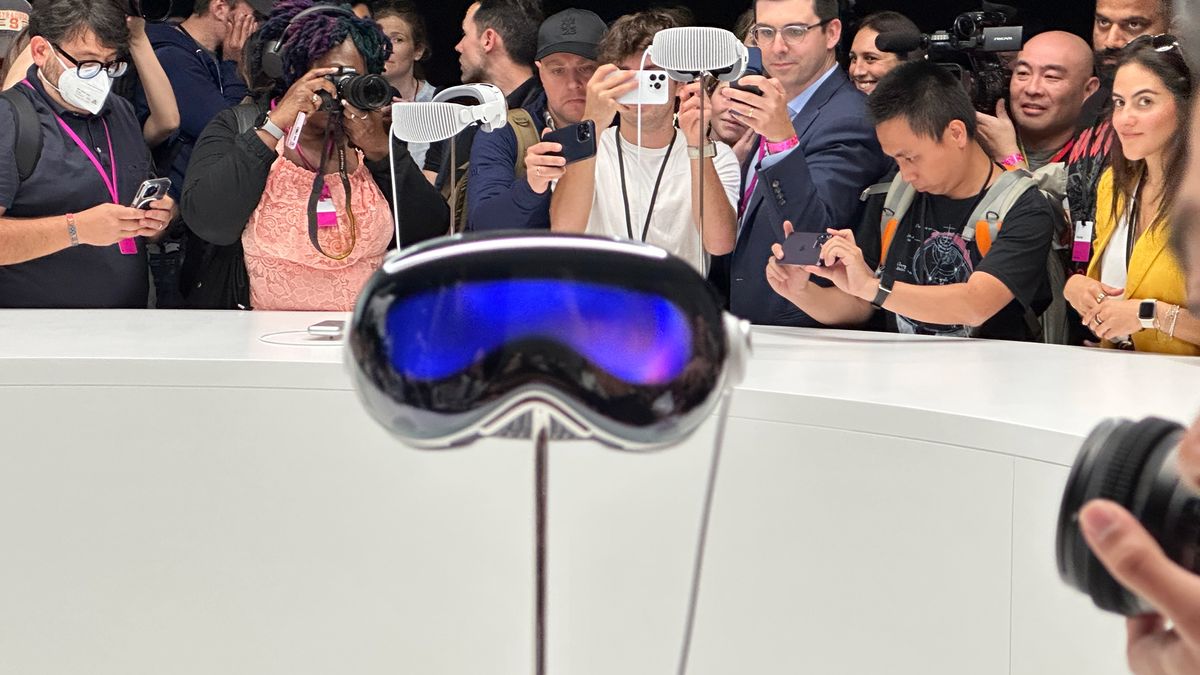The Apple Vision Pro 2 is set to enter mass production in 2025 despite news development would stop. Apple’s AR headset, the Vision Pro, received a lackluster reception from customers as it struggled to move even 100,000 units by July 2024. Apple plans to add new features to the device’s sequel that could help to drive up its popularity. One such feature is a brand-new M5 chipset, which is expected to improve the headset’s performance.
The move to continue with headset production contradicts earlier rumors of a production halt due to low demand for the original Vision Pro. TF International Securities analyst Ming-Chi Kuo believes mass production of the new M5 chipset-fitted AR headset will begin in H2 2025. Apple aims to make the Vision Pro 2 more affordable, which may appeal more to customers.
Kuo also predicts that there will be minimal changes, if any, to the AR headset’s design, meaning production costs will be reduced. This would be a smart move on Apple’s part, as the Vision Pro’s design, with its innovative augmented reality display EyeSight, and its modern futuristic high-end aesthetic is still fresh and appealing.
New chip, new me
According to Kuo, the M5 chipset will improve the Apple Intelligence experience. Due to the projected launch date of the Apple Vision Pro 2, it’s looking like the M5 chipset will use Apple chip manufacturer TSMC’s N3P node, although none of this is set in stone.
In a move to keep further production costs down, Apple will not be using its more advanced 2nm chipsets. The company was expected to use it to manufacture next-gen iPhone chips like the A19 and A19 Pro, but it seems these will also stick with Apple’s N3P node (3 nm). While it may not be as young and advanced as the 2nm chipsets, the 3nm is still efficient and powerful.
Many credit the eye-watering cost of the Apple Vision Pro, starting at $3,500 (£2,800, AU$5,300) as one of the reasons why it failed to drive up more sales. Other reasons given are a perceived lack of content for the device, and issues with comfort, wearability, and the intuitiveness of the device’s gesture-based control.
There is still a lot we don’t know about the specs of the Apple Vision Pro 2, but if Apple can deliver the more affordable headset with the proposed M5 chipset it may spell a win for the tech giant.

